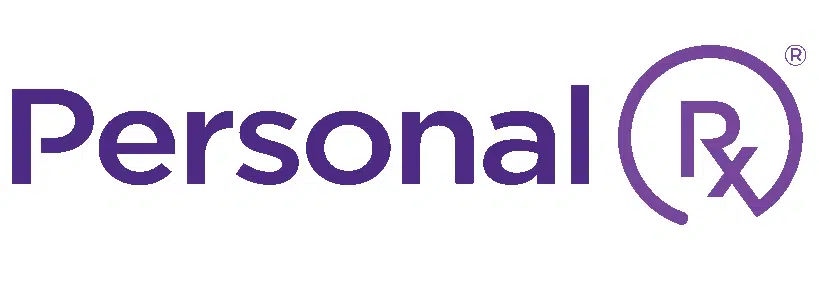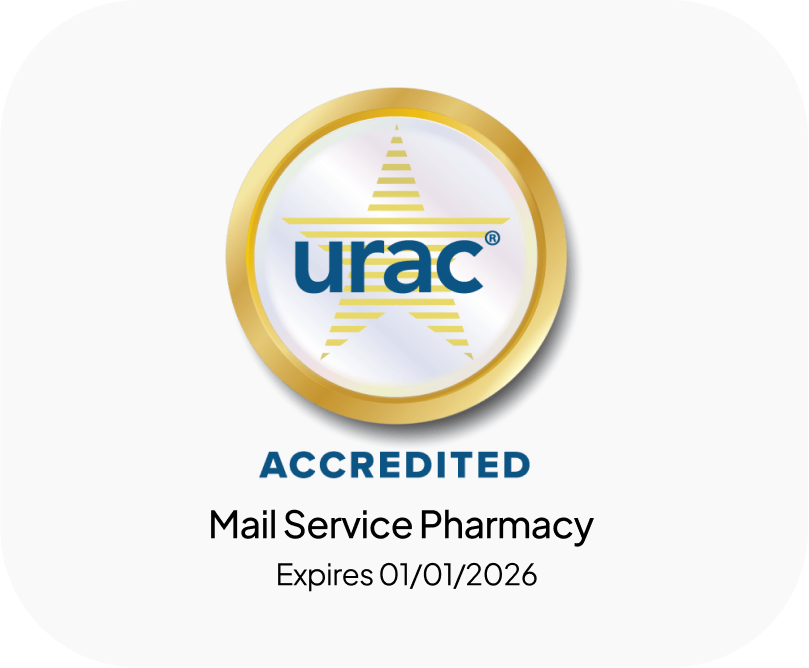For rehab and post-acute care facilities, preventing readmissions is both a clinical priority and a measure of care quality. As patients transition from inpatient rehabilitation to home, medication adherence becomes one of the most powerful tools to reduce hospital bounce-backs and ensure lasting recovery.
According to the World Health Organization, nearly 50% of patients with chronic illnesses do not take medications as prescribed. This nonadherence can lead to uncontrolled symptoms, preventable complications, and emergency room visits—all of which drive up readmission rates. In fact, research has shown that poor medication adherence is responsible for up to 33% of hospital readmissions.
Whether a patient is recovering from surgery, stroke, or managing multiple chronic conditions, proper medication use after discharge can mean the difference between a smooth recovery and a preventable readmission.
The Rehab-Readmission Link
Many patients discharged from rehab facilities are on complex medication regimens, often involving multiple prescriptions and changes made during their inpatient stay. Studies show that as many as 1 in 5 patients discharged from a post-acute care setting are readmitted within 30 days, with medication mismanagement being a top contributing factor.
Failure to take medications as prescribed—whether due to misunderstanding, forgetfulness, cost, or access—can quickly undo the progress made during rehab.
Why Patients Struggle After Discharge
Polypharmacy confusion: Many patients leave rehab with 5+ prescriptions, sometimes with overlapping instructions.
Limited caregiver support: Especially among older adults or those with cognitive impairment.
Pharmacy access challenges: Transportation or mobility issues make filling prescriptions difficult.
Lack of coordination: Medication changes made in-facility aren’t always communicated clearly to outpatient providers or pharmacies.
Rehab Facilities: A Critical Point of Intervention
Rehab centers are uniquely positioned to set patients up for success post-discharge. By integrating medication adherence planning into discharge protocols, facilities can improve transitions and reduce readmission risk.
Effective strategies include:
Medication reconciliation and synchronization before discharge.
Daily-dose packaging and labeling to simplify regimens.
Pharmacy delivery coordination, ensuring medications arrive at the patient's home.
Providing pharmacist access post-discharge for patient or caregiver questions.
Partnering with home-delivery pharmacies to eliminate common access barriers.
A Smarter Way to Support Adherence
Pharmacies like PersonalRX offer a tailored solution for rehab patients by delivering pre-sorted medications directly to the patient’s home, organized by dose and time of day. Combined with pharmacist oversight, a dedicated Personal Care Coordinator for enhanced communication and care, plus delivery tracking, this model ensures patients start—and stay—on their regimen from day one post-discharge.
This level of support goes beyond convenience. It provides continuity of care, reduces caregiver burden, and directly supports your facility’s efforts to lower readmissions and improve patient satisfaction.
Final Thoughts
In the world of post-acute care, what happens after discharge matters just as much as what happens during rehab. Medication adherence is not a patient’s job alone—it’s a shared responsibility. By building adherence-focused strategies into the discharge process, rehab facilities can help patients truly complete their recovery journey—safely, successfully, and without an unexpected return.
Take the Stress Out of Managing Your Medications
Ready to simplify your routine and stay on track with your prescriptions??
Learn more about PersonalRX Pharmacy services here.
Already know you’re ready to switch?
Sign up to get your pre-sorted dose packs here.



